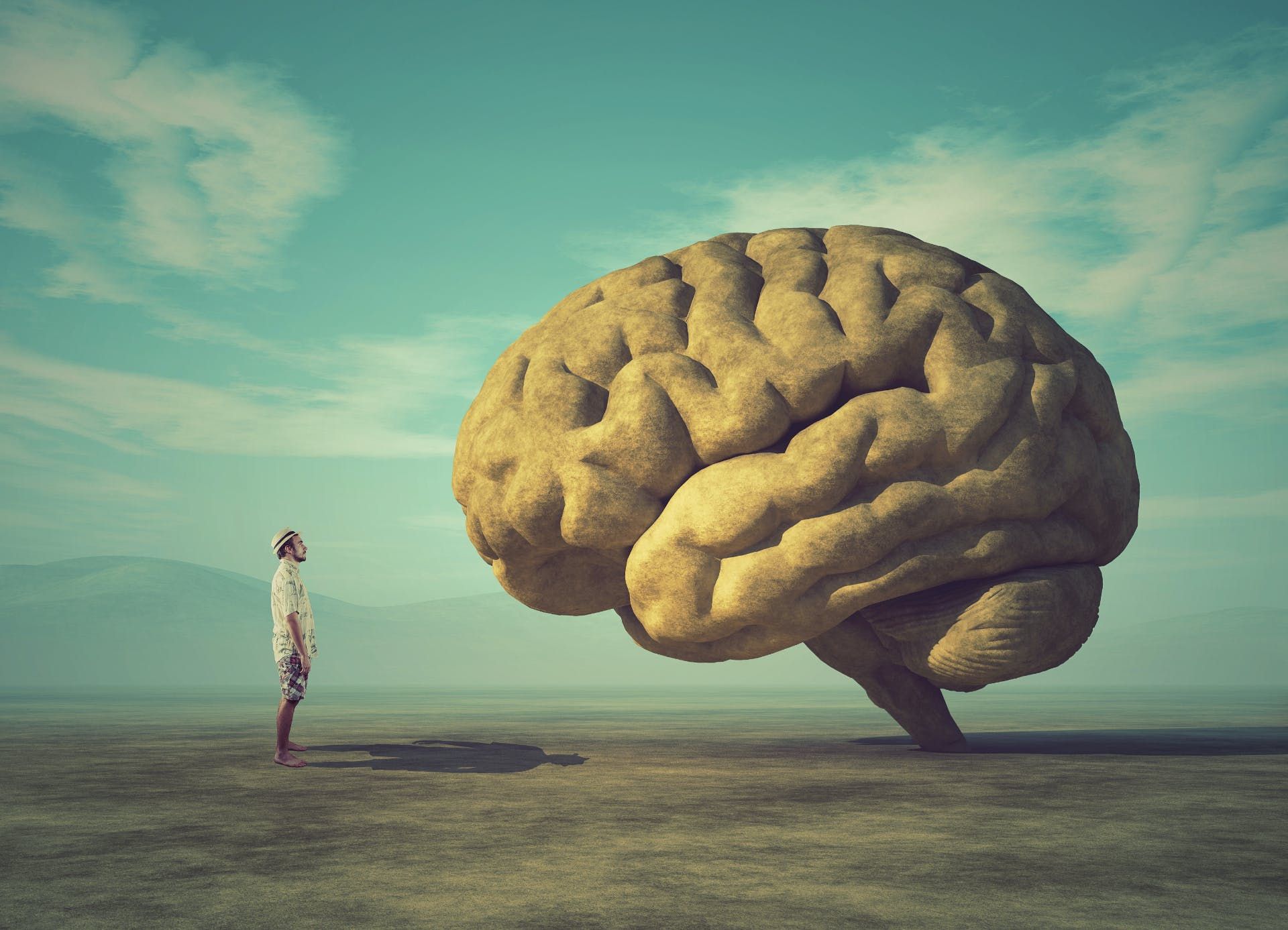When a certain protein in the brain mysteriously folds, the result is a prion disease. It’s rare, but contact with infected tissues can cause this type of disease to spread from person to person. Unfortunately, the search continues for effective treatments to combat the symptoms.
That said, some research is showing that cannabidiol (CBD) could help ease the symptoms of a prion disease, because of its well-documented ability to protect and heal neural pathways in the brain.
What Are Prion Diseases?
Most people learned what a prion disease was back in the ’90s when such a disease broke out in a big way in the U.K. It was called mad cow disease, with cases of this particular type of prion disease subsequently found in the U.S., Canada and France over the next couple of decades.
Although mad cow disease (scientific name: bovine spongiform encephalopathy) originated in animals, humans who ate meat from infected animals could contract it, too. Even earlier than that, though, researchers had identified similar forms of the disease in sheep and wild species like elk and deer.
The same kind of disease can also originate in humans. The most common prion disease in humans is Creuzfeldt-Jakob disease, and it occurs worldwide in about one in one million people.
Even though these types of diseases are rare, they can provide insights about the bigger picture of neurodegenerative brain diseases in general.
Prions (short for proteinaceous infectious particle) arise from a common protein in the brain, called prion protein (PrP). This protein plays a key role in promoting neuron growth and protecting synapses—the contact point between neurons where signals are transmitted. Everyone has a gene that contains instructions telling cells how to make PrP.
Normally, PrP exists in a healthy state called cellular prion protein or PrPC. But each prion protein contains two elements:
- One has a clearly defined, known structure that resembles a ribbon.
- The other is disordered and unstructured, and its function is largely unknown.
The unstructured, unstable element can become malformed, so that it looks like a ribbon folded at sharp angles.
When this happens, a healthy PrPC becomes a new kind of prion protein called PrPSC. And just one particle of PrPSC can cause other healthy proteins to convert to this folded shape.
As more and more proteins fold, damage spreads throughout the brain and causes symptoms such as:
- Dementia
- Poor vision
- Trouble with balance
- Diminished coordination
- Loss of speech and other functions
Infections generally spread by agents such as bacteria or viruses. But what makes a prion disease so mysterious and hard to treat is that the infectious agent is a protein that exists normally in the brain. It’s unclear what causes a PrPC protein to turn into a PrPSC and why it can cause other proteins to do the same.
The fact that someone with a prion disease can transmit it to another person sets it apart from other kinds of neurodegenerative conditions. For example, researchers haven’t found evidence that other neurological disorders like Alzheimer’s disease can be passed from one individual to another.
But in prion diseases like mad cow, humans who ate the tissue of a diseased animal also contracted the disease. For human prion diseases like Creuzfeldt-Jakob, transmission usually happens through surgical procedures that involve transplants of infected tissue, or when medical staff comes in contact with a patient’s fluids or improperly sterilized surgical instruments.
Concerns about the transmission of prion diseases have also prompted the World Health Organization and other bodies to issue strict guidelines for funeral homes on how to handle the bodies of people with prion diseases, especially if they’ve been autopsied.
Proteins Also Play a Role in Other Neurological Conditions
Although prion diseases are rare, they’re the subject of intense study and research because of their severity and lack of available treatment options.
But new research on prion disease is building connections between these diseases and more familiar neurological disorders like Alzheimer’s disease and Parkinson’s disease. These studies are raising the possibility that some treatments for these conditions could also be useful in treating Creuzfeldt-Jakob and other classic prion diseases.
Some studies have even raised the intriguing possibility that Alzheimer’s and Parkinson’s could also be considered prion diseases, since malformed proteins play a role in their development as well.
Researchers believe that tau and beta-amyloid proteins are responsible for Alzheimer’s disease. These proteins contribute to the plaque and tangles that interfere with the brain’s normal functioning.
Another protein called alpha synuclein appears to cause the neurological symptoms of Parkinson’s disease. In fact, the healthy prion protein PrPC appears to support the plasticity of brain synapses and encourage neurological connections, so it may even help prevent these kinds of neurological disorders, too.
CBD Can Help Protect the Brain’s Neural Networks
Research has shown that CBD can reduce inflammation and protect the brain’s neural networks. And this is the case not only for neurodegenerative diseases like Alzheimer’s and Parkinson’s, but even in brain trauma caused by events like accidents and strokes.
The brain is rich in receptors for the endocannabinoid system (ECS)—the body’s system of receptors, which interacts with naturally occurring cannabinoids the body produces and those from outside sources, such as cannabis and hemp.
CBD can activate these ECS receptors and also help regulate other systems and processes to promote brain health such as:
- Improving blood flow
- Protecting cells from oxidation
- Supporting the growth of new neural connections
So far, the research on the applications of CBD specifically for prion diseases has been very limited. One often-cited French study reports that in animal models, CBD appears to provide some protection from prion damage, so that it can reduce the severity of the symptoms.
But given the limitations of this study and the lack of other research to support it, prion disease researchers and advocates have been reluctant to endorse CBD as an effective treatment for these diseases.
Scientists are still working to understand how prion diseases develop and progress. Still, recent research that connects prion diseases with other protein-related conditions like Alzheimer’s seems to suggest that if CBD can help relieve symptoms of other neurological conditions, it just may be useful in treating the symptoms of prion diseases, too.
Photo credit: Orla/Shutterstock.com
Want to try CBD, but don’t know where to start? Shop our selection of high-quality, lab-tested CBD products and have them shipped to your door. And if you have questions about CBD, ask them and our community will answer.






